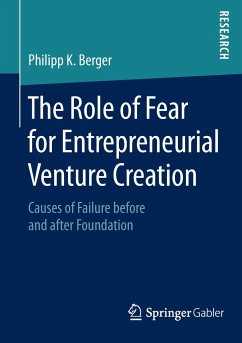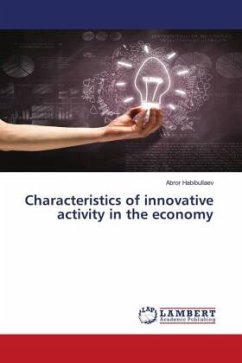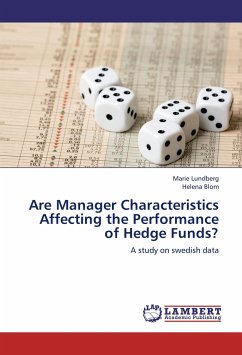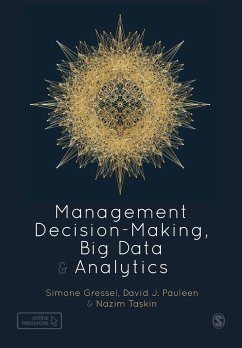
Decision Making, Heuristics, Biases and Entrepreneurial Characteristics
An investigation of decision-making, strategy, processes and outcomes in a family owned SME
Versandkostenfrei!
Versandfertig in 6-10 Tagen
32,99 €
inkl. MwSt.

PAYBACK Punkte
16 °P sammeln!
In recent years it has emerged that SME's are the backbone of the European economy and a major source of entrepreneurial innovation and skills. Very little academic literature exists on how these enterprises cope with decision making and how family owned enterprises differ in their decision making processes. This book investigates decision logic and outcomes, drawing conclusions as to whether these determine organisational performance and goals. The case study entrepreneurial team is explored by applying theories in relation to their cognitive processes and decision making. Heuristics, biases ...
In recent years it has emerged that SME's are the backbone of the European economy and a major source of entrepreneurial innovation and skills. Very little academic literature exists on how these enterprises cope with decision making and how family owned enterprises differ in their decision making processes. This book investigates decision logic and outcomes, drawing conclusions as to whether these determine organisational performance and goals. The case study entrepreneurial team is explored by applying theories in relation to their cognitive processes and decision making. Heuristics, biases and entrepreneurial characteristics are prevalent and although difficult to eliminate completely, they can be used to the organisations advantage in conjunction with decision making modes. Finally, exit strategies and recommendations are offered to the entrepreneurial team to ensure the companies long term prosperity and survival.














